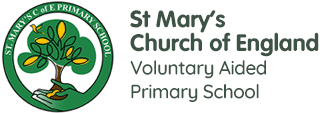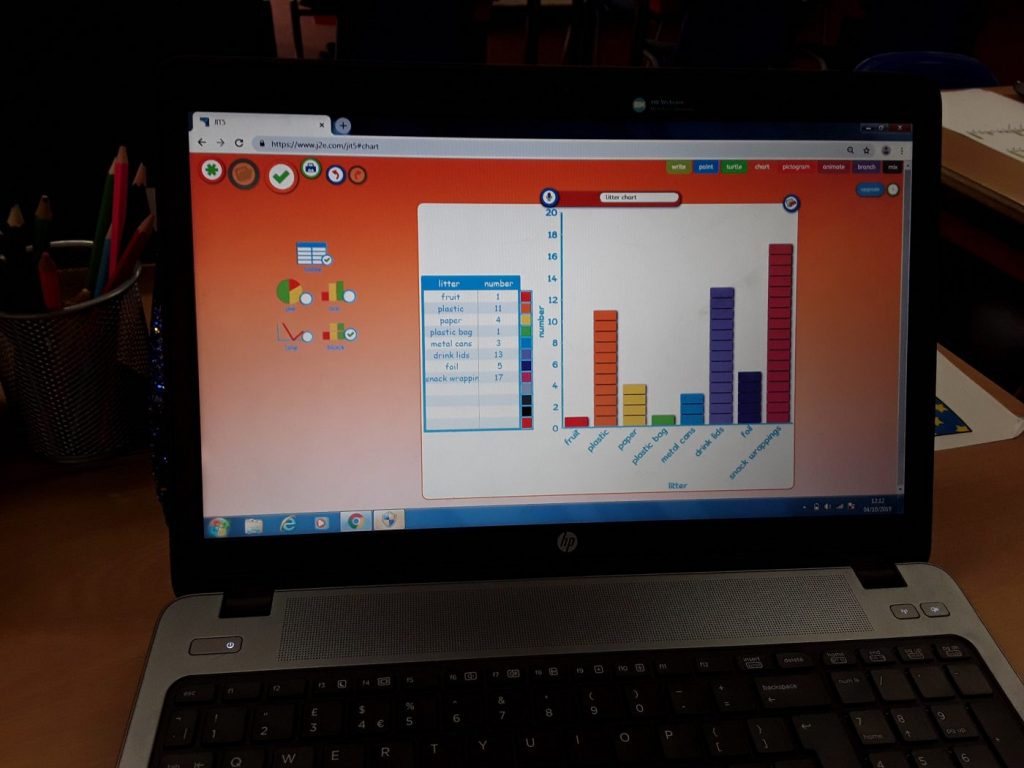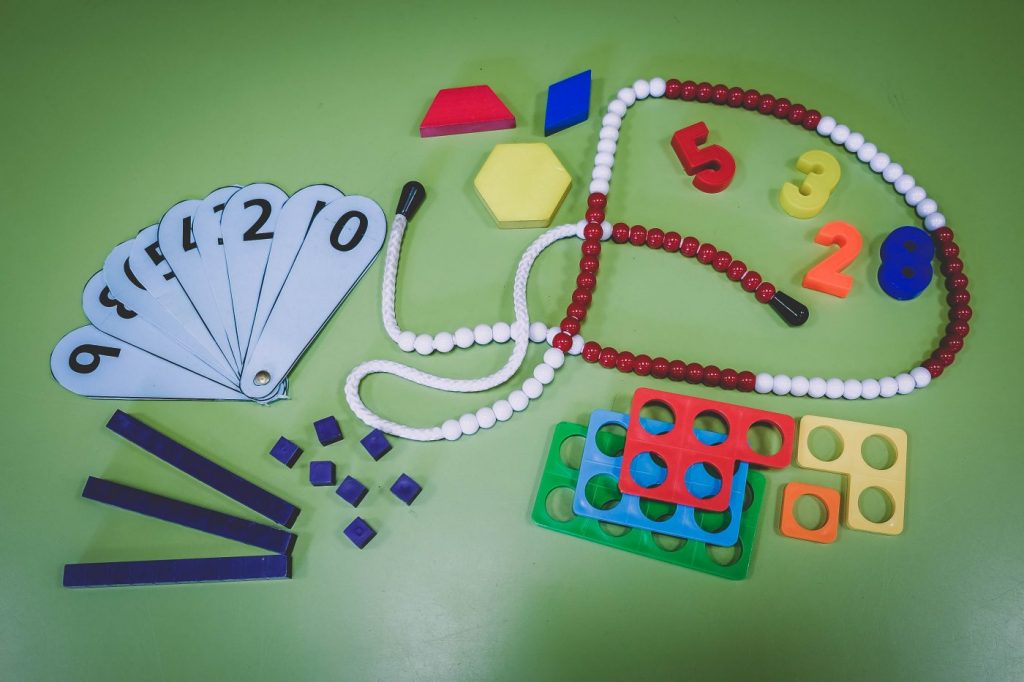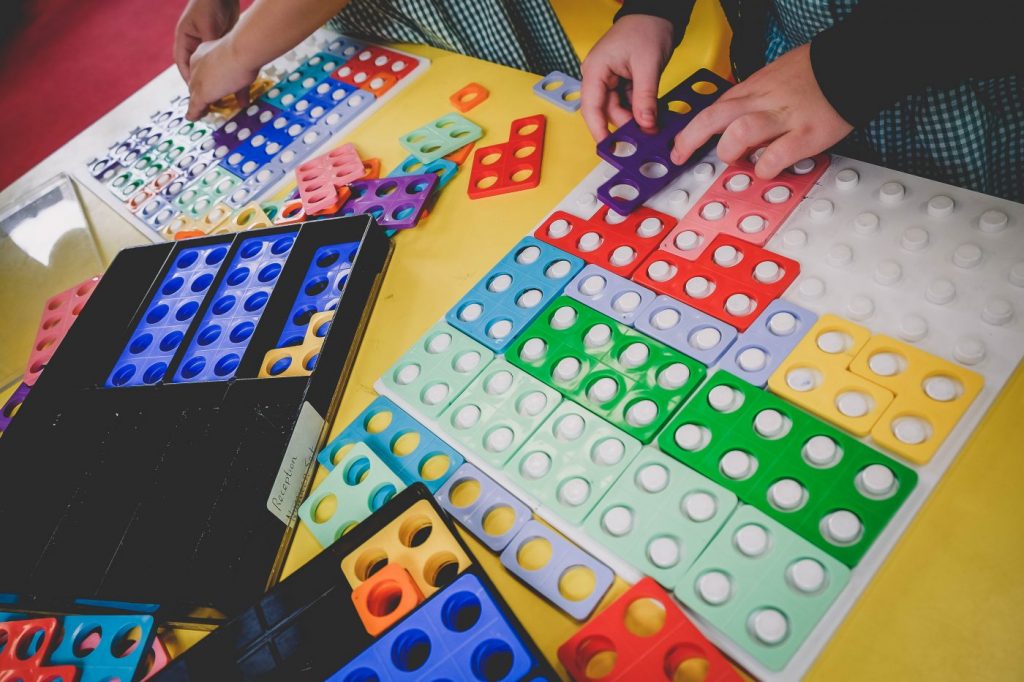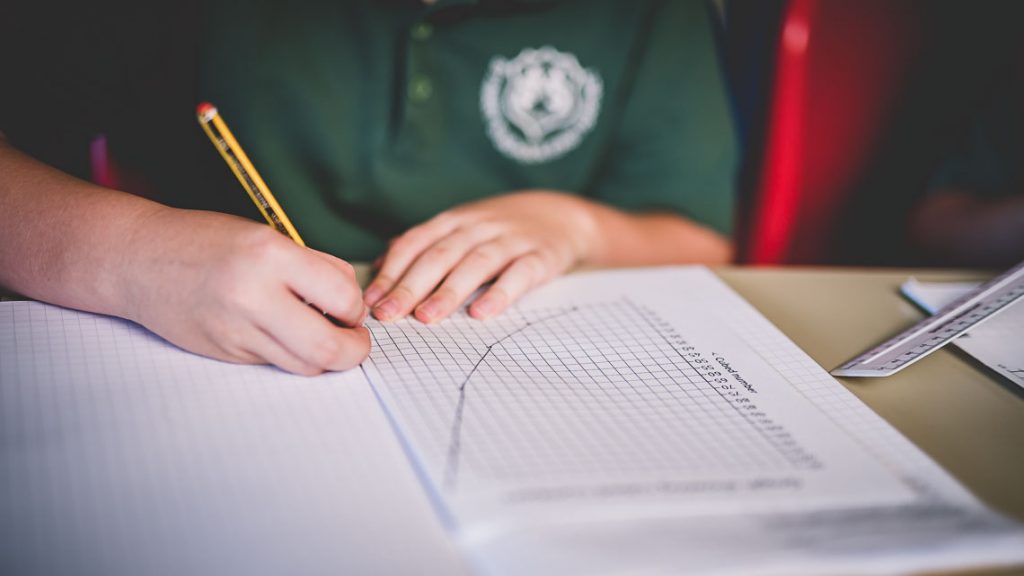Maths
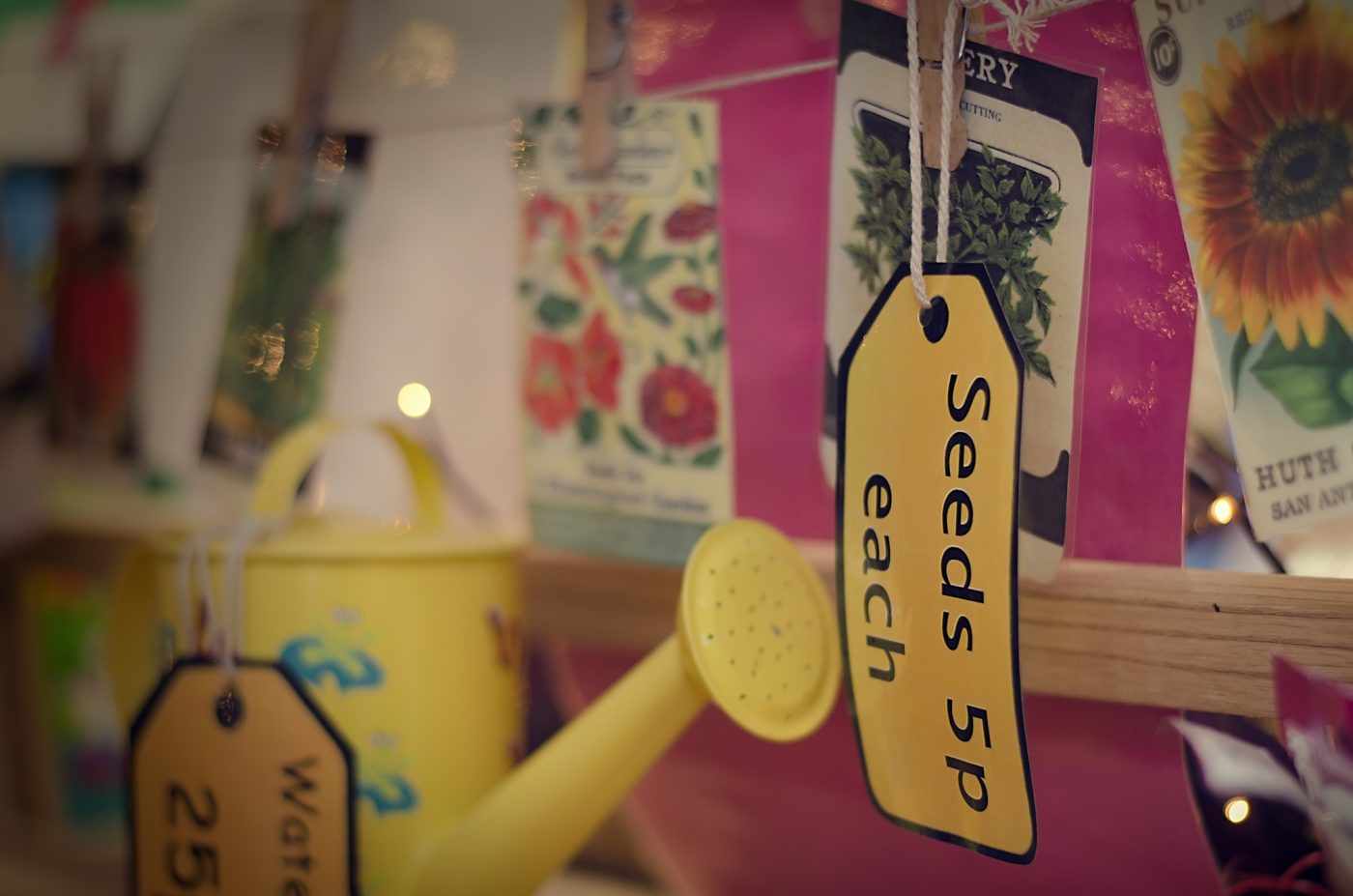
Maths
At St. Mary’s, we help children to develop a deep understanding of Maths and apply their knowledge and skills in meaningful and practical situations.
Our Approach
At St Mary’s we believe that Mathematics underpins so much of our everyday lives and that developing a secure foundation in Mathematics is essential for all of our children. We strive for all children to feel confident and excited about their learning in Mathematics. Our curriculum is broken down into small steps and enables children to develop a secure understanding of key concepts and builds fluency by:
• Teaching concepts through a concrete, pictorial and abstract approach
• Continually revisiting and building upon prior learning
• Ensuring that problem solving and reasoning is integral to our delivery of the curriculum.
• Encouraging children to reason by creating an environment in which children feel confident to take risks and share their ideas
• Providing activities that enable deliberate practice and develop automaticity
In all year groups, the children have daily Maths lessons. In Reception, Key Stage One and Key Stage Two, these lessons are based on the White Rose sequence of learning. In Years One and Two we also use Primary Stars resources to support us in delivering this sequence. In our Reception class, resources and provocations within the continuous provision further support the development of Mathematical concepts and children’s understanding and use of Mathematical vocabulary.
Fluency is supported from Year 2 onwards, through arithmetic sessions. In addition, we have introduced the computer based program, IDL, to allow more opportunities for our lowest attaining children to engage in deliberate practice and support automaticity. Children in KS2 are also supported in learning their times tables through the program TT Rockstars and are actively encouraged to access this at home. KS2 children have access to ‘Learn with Emile’ and are motivated through challenges such as competing in a ‘World Cup Times Tables’ competition.
Enabling all children to achieve
At St Mary’s we have high expectations for all children in all subjects including Maths.
During Maths lessons teachers make excellent use of formative assessment to identify children who would benefit from additional support in order to secure key concepts and develop fluency. This support takes often takes place within lessons and includes:
• Working through questions with an adult
• Additional modelling of tasks
• Using pictorial representations and carefully selected resources to scaffold learning.
• Making adaptations to tasks and questions so they are more accessible for specific learners
• Allowing more time for children to secure a specific small step
• Targeted adult lead activities in the Reception class (often these will focus on securing counting skills, number recognition and using specific Mathematics vocabulary)
When appropriate, children with SEND will have specific Maths targets and strategies as part of their SEND support plans in order to support their progress.
There are also times when we make greater adaptations to our Maths sequence and create a personalised curriculum in order to meet the needs of SEND learners with more complex needs. We do this so as to ensure that the Maths curriculum is enables these learners to secure key concepts that are relevant for them at their stage of development. In order to meet the needs of these learners, class teachers will work closely with our SEND teacher and external agencies.
Further Support is also provided through:
• Weekly National Tutor Programme for identified children in KS2 who need to focus on securing basic mathematical concepts
• IDL intervention which addresses gaps in children’s knowledge and skills by re-visiting areas for development
• Home learning: teachers provide many opportunities for children to consolidate the basics in their weekly Maths home learning, e.g. home learning based around times tables in Y4. We are subscribed to ‘MyMaths’, which is an interactive resource that can be used in class and for home learning; it has a maths-based library which contains matched lesson and homework tasks across a huge range of topics. Children receive immediate feedback upon completion of a task and there are many mathematical games and activities for the children to enjoy.
Links across the curriculum
We recognise that Maths is essential to everyday life from activities such as carrying out a weekly shopping trip to redecorating a room. As part of our approach to Maths, we aim for all children to see Maths as a relevant and meaningful subject and we plan strong cross curricular links between Maths and other curriculum areas. These links are particularly evident in our Science, Geography and Computing curriculum. E.g. data collection, recording and analysis in Science (tally charts; Venn diagrams; bar charts; line graphs; finding the average; taking pulse rate etc). Geography: map coordinates; converting distances; populations; ratio of number of people to size of country etc. Computing: graphs; coding; spreadsheets; branching databases; databases; logo (including angles); grouping and classifying.
Whole School Maths Curriculum Overview Autumn
Whole School Maths Curriculum Overview Spring
Whole School Maths Curriculum Overview Summer
Times Tables Progression Table
Addition and Subtraction Calculation Methods
Multiplication and Division Calculation Methods
